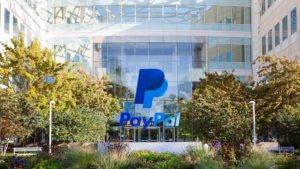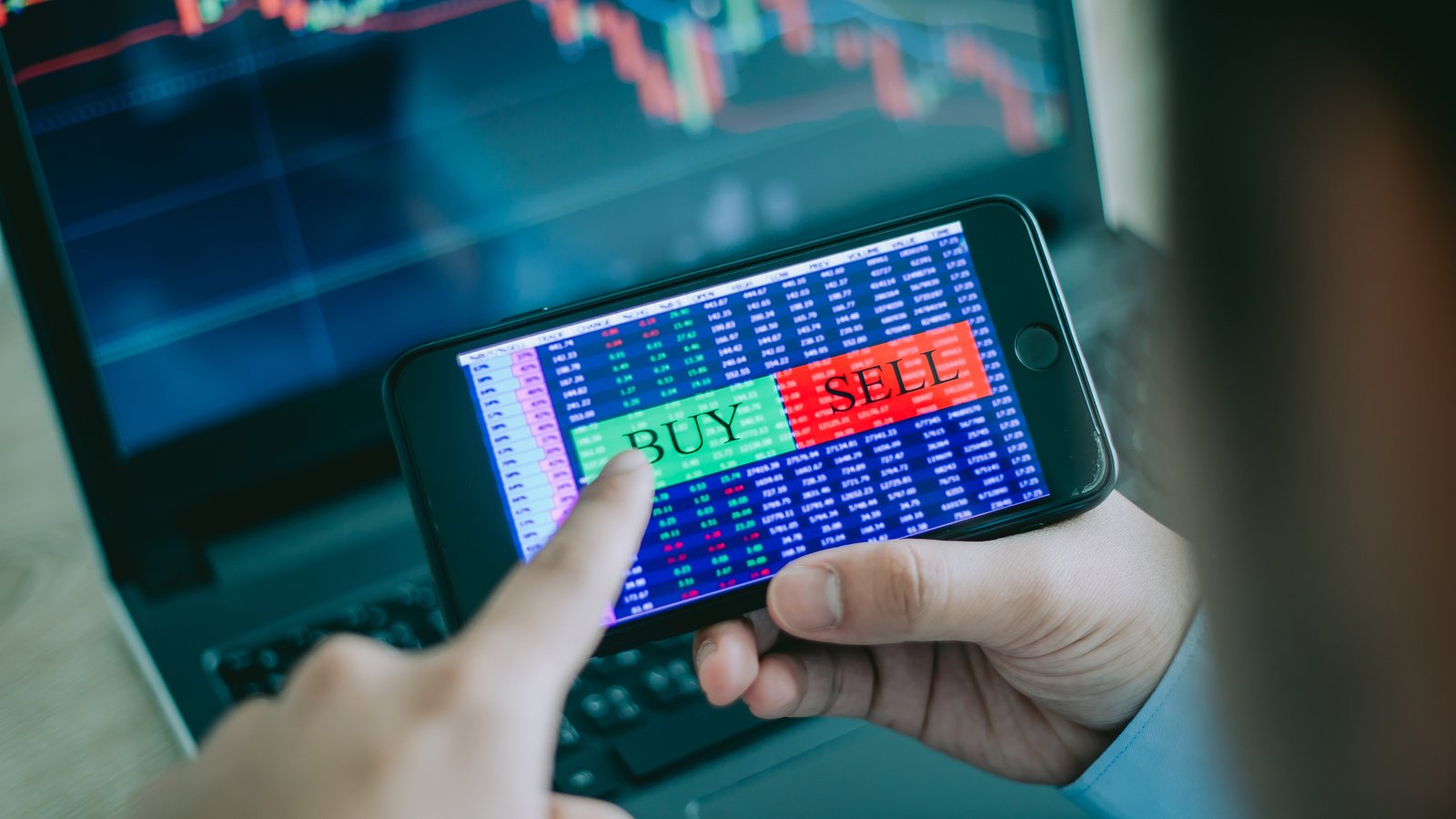Speculative stocks are inherently risky, but they have the potential for significant gains in the current environment. Many investors are still entrenched in defensive stocks, and the recent stock market rally has been mainly limited to profitable companies in the hottest sectors like artificial intelligence and cloud computing. Thus, multiple speculative businesses with tremendous potential continue to change hands at bargain levels.
I believe snapping up such speculative stocks is the best way to play the market and supplement your portfolio with more growth. Of course, as with any speculative bet, downside potential exists here. But identifying and buying the right stocks near their trough will set you up for significant long-term gains, even with a recession on the horizon, as many such stocks have their risk factors priced in at the moment.
With that in mind, let’s look at some of the best speculative stocks.
Asana (ASAN)

Asana (NYSE:ASAN) is a work management software company that helps teams organize, track and manage their projects and tasks. The stock has continued to trade at a depressed level this year after the selloffs in the last two years – Mainly due to concerns about the company’s profitability and growth potential.
First, let’s talk about the profitability concern. Investors should not worry about Asana’s sustainability. The company is founded and headed by Dustin Moskovitz, a Facebook co-founder with deep pockets and a vested interest in Asana. In fact, Dustin Moskovitz will own some 58% of Asana after buying 30 million ASAN in March. In September of last year, he purchased another 19.27 million shares (worth $350 million at the time) of Asana and I believe this trend will continue. Regardless, the company is slowly narrowing losses and will be break-even sometime in 2026.
Conversely, the slowing growth is indeed a real concern. However, it is still a minor factor since most of that slowdown has already been priced in. Asana is expected to re-accelerate growth and end the year (its FY 2024) with 17.8% year-over-year sales growth. This growth is expected to be 18.21% and 23.7% in the next two years, respectively.
With all that in mind, ASAN stock is a strong buy, in my opinion.
Roblox (RBLX)

Wall Street is all about profitability these days, and Roblox (NYSE:RBLX) is among the speculative stocks that have gotten the worst of it. This stock is down 71% from its peak, despite impressive fundamentals. If you don’t know Roblox, it is a video game where users can create and play their own games on different servers. You have likely heard of Minecraft, and Roblox is essentially the same — Except a lot more customizable and suitable for revenue generation. Roblox’s business model is based on an in-game currency called Robux, which can be purchased with real money or earned by creating games, after which it can be redeemed for real money.
This business model has turned Roblox into a diverse ecosystem with thousands of games since creators can profit too. Better, it’s not just kids playing and creating games. 43.4% of players are over 13 years old and a fair share are adults. Compared to Q4 2019, the daily active user count of the ecosystem has increased by nearly 250%.
But of course, Roblox is a very long-term play. The path to profitability can take years, but there is tremendous potential here. Roblox is testing advertising on a small scale, which can be a major driver of profits in the future. Again, the user count growth here has been swift – Coupled with advertising, Roblox can accelerate both its top and bottom lines.
Indeed, there is some risk here. But buying RBLX at these levels is an excellent idea if you are a long-term investor.
American Airlines (AAL)

Not all speculative stocks have to be in the tech or biotech industry. The airline industry wasn’t traditionally considered in the “speculative” range, but the events over the past three years have greatly changed the sentiment here. American Airlines (NASDAQ:AAL) has been on an uptrend since April but remains 45% below its pre-pandemic price in February 2020. Going back further, the stock is down more than 72% from its peak. It’s obvious what went wrong here in 2020, but let’s discuss what can go right.
It would be an understatement to say that travel plunged in 2020. However, it would also be an understatement not to recognize the resurgence in travel and overall normalcy. The U.S. airline traffic is nearly back to pre-Covid-19 levels when just in January last year half of all Americans said they “always wore masks” in public.
Almost no one discusses the pandemic anymore, and that’s the most significant caveat that plagued this stock for the last three years. American Airlines is finally back to generating profit, and annual sales have surpassed pre-pandemic figures hitting $52.26 billion TTM. The sales growth has been slowing (and that is expected after the quick recovery). Still, even at levels higher than the pandemic, American Airlines delivered 37% YOY growth in its latest quarter. It’ll stabilize around 4.15% around 2025, but that’s still higher than in 2019. Thus, I believe AAL offers immense value in this range.
Finally, one more thing that I would like to discuss is the debt problem. Many would point out that it has a significant $43 billion debt load. But American Airlines has the cash and the cash flow to trim this down over the long run. EPS growth is expected to be 44.3% in 2025 – solid profits ahead.
Park Hotels (PK)

Another speculative stock that will benefit from the travel resurgence is Park Hotels (NYSE:PK). It is a real estate investment trust that operates hotels and resorts in the U.S. and internationally. It focuses on premium-branded properties in prime locations. I know REITs aren’t tempting for many investors in the current environment, and you are welcome to skip this pick. But if you are looking for long-term growth, this is an interesting speculative option.
The stock currently trades nearly 60% below its pre-pandemic peak, and unlike American Airlines, the revenue here is yet to catch up. However, revenue is expected to surpass pre-pandemic metrics and reach nearly $3 billion in 2025. I believe it could be higher as Park Hotels has recently outperformed EPS expectations by over 100%. The funds from operations (FFO) metric also shows strong growth here, and we are looking at a forward FFO ratio of just 1.96 times. The discounted share price should also cushion PK, should a harsh recession happen. I also don’t believe a recession will impact it as harshly as the pandemic-induced downturn did. That was a special case. It operates luxury hotels, which are resistant to a more “traditional” economic slump.
PayPal (PYPL)

PayPal (NASDAQ:PYPL) needs no introduction. The payments giant leads digital transactions worldwide with a 31% market share. Its biggest competitor, Stripe, is privately held and I believe PYPL is among the best speculative stocks to buy if you want to gain exposure to the e-commerce recovery over the coming years.
The slump here is due to the worldwide slowdown in digital transactions, mainly regarding e-commerce. However, e-commerce has much more room to grow over the coming years, especially as millennials and Gen Z have more economic impact. There’s no doubt that PYPL can deliver exceptional long-term gains from its current range.
PayPal’s decline can mainly be attributed to sales growth decline and competitive threats. As for the top-line growth, the difference between now and 2018-20 growth isn’t too great and, back then, the share price was much higher. 8.6% YOY growth in its latest reported quarter is nothing to scoff at, considering quarterly sales have almost doubled since 2018.
On the other hand, competitive threats aren’t easy to quantify, but PayPal has entrenched itself as a major payment platform and it’ll stay that way for years to come. Sure, it may lose more market share, but that catalyst is all but priced in at its current range.
Accordingly, the average analyst price target implies a 44.2% upside here in one year.
Block (SQ)

Block (NYSE:SQ) is almost in the same boat as PayPal and there’s truly not much to add here since the same argument applies. However, I’d rate this stock slightly lower than PayPal due to its unprofitability and slightly less bullish sentiment on Wall Street.
The underlying business is still very compelling. We are looking at an accelerating top-line YOY growth that reached 26% in its last reported quarter and losses aren’t significant. Still, you are paying a premium here compared to PYPL, and that balances out both stocks, in my view.
In short, SQ and PYPL are good choices for speculative stocks, but if you prioritize growth, investing more in SQ is better. On the other hand, if safety is your priority, then it’s better to invest more in PYPL.
PagSeguro Digital (PAGS)

PagSeguro Digital (NYSE:PAGS) is yet another payment processing company. I’m confident PAGS can deliver multibagger returns over a multi-year timeframe, but it is at the caboose of this article since I don’t anticipate much near-term action. Moreover, it isn’t a U.S. company, which comes with some additional risks.
PagSeguro has shining financials across the board, with a 3-year revenue growth rate of 25%, outperforming 80.7% of its peers. The forward P/E ratio here is also just below 10 times and its debt is tiny at just $65 million. I believe these robust financials can carry it much higher in the coming years.
Gurufocus’ stock analysis model has the same view – Implying that $120 would be a fair price for the stock by 2026. That’s a twelve-fold increase from its current price; unlikely but possible.
On the date of publication, Omor Ibne Ehsan did not have (either directly or indirectly) any positions in the securities mentioned in this article. The opinions expressed in this article are those of the writer, subject to the InvestorPlace.com Publishing Guidelines.
